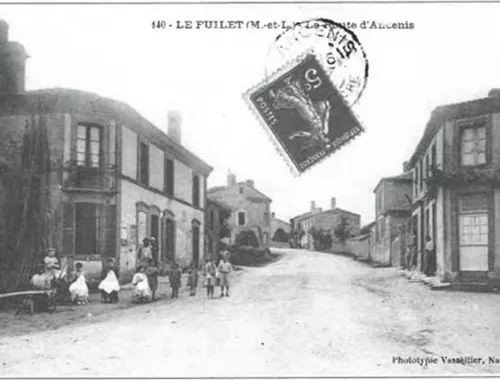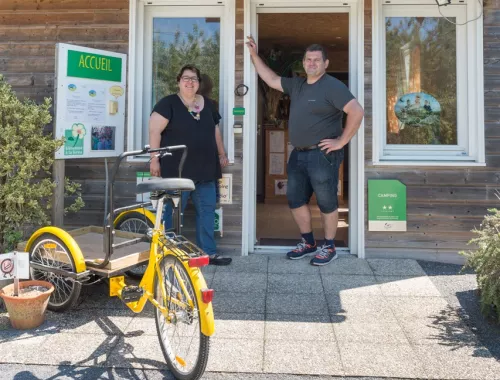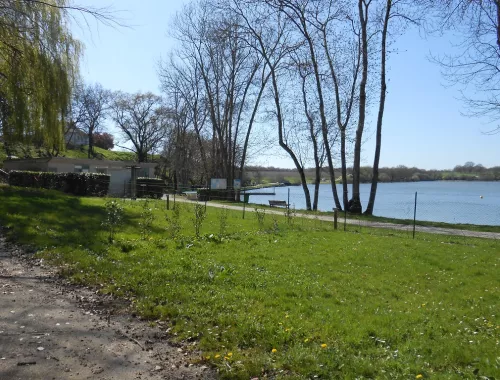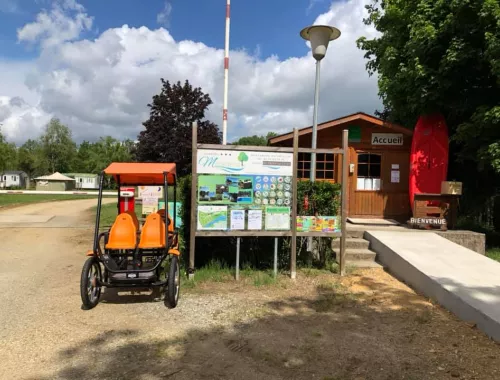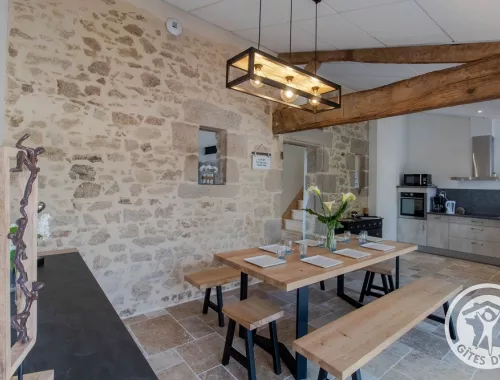Tavern-keepers and innkeepers are historic professions linked to hospitality and catering, playing a key role in the social and economic life of communities in the past.
A tavernkeeper is a shopkeeper who runs a tavern, an establishment where drinks are served, mainly alcohol, such as wine or beer. Taverns were meeting places for travellers, merchants and locals. The tavern-keeper had to know the different types of drinks and where they came from, as well as the simple dishes he could offer. As well as serving drinks, they were often responsible for keeping the tavern clean and welcoming. Tavern-keepers also played an important social role, as these establishments were centres of conviviality where people gathered to chat, exchange news and strengthen community ties.
Innkeepers, on the other hand, ran an inn, offering rooms for travellers as well as food and drink. Inns were often located along busy roads, serving as shelters for pilgrims, traders and travellers. The innkeeper had to be versatile, capable of preparing meals, managing accommodation and welcoming guests. This also meant knowing the customs of travellers and responding to their needs, offering a warm and personalised service.
These professions are closely linked to changes in society and travel. With the rise of modern transport and the diversification of the hospitality on offer, traditional taverns and inns have evolved, but their heritage lives on. Today, these professions are often celebrated in historical accounts and re-enactments, illustrating the importance of places of welcome and sharing in our culture.

